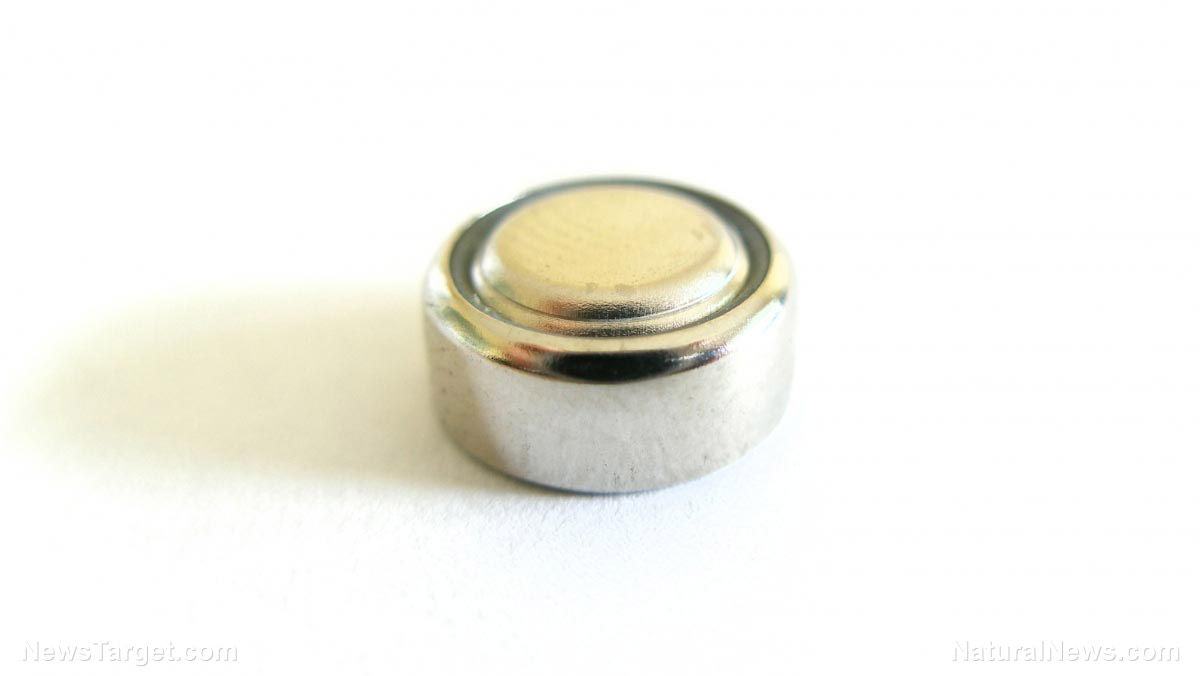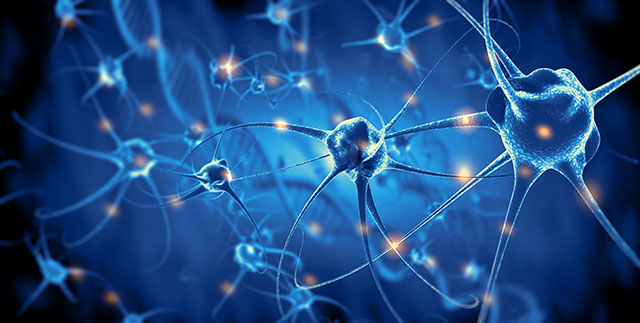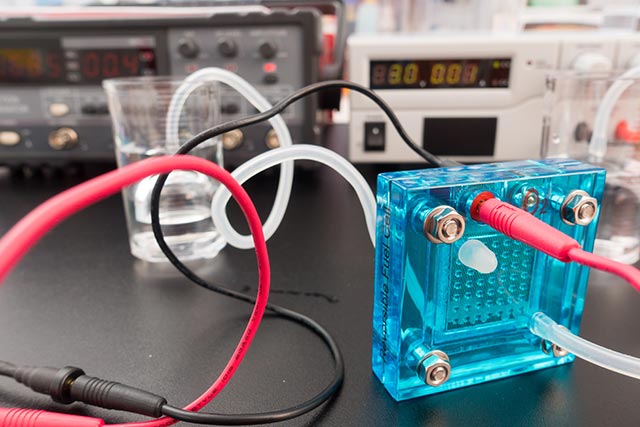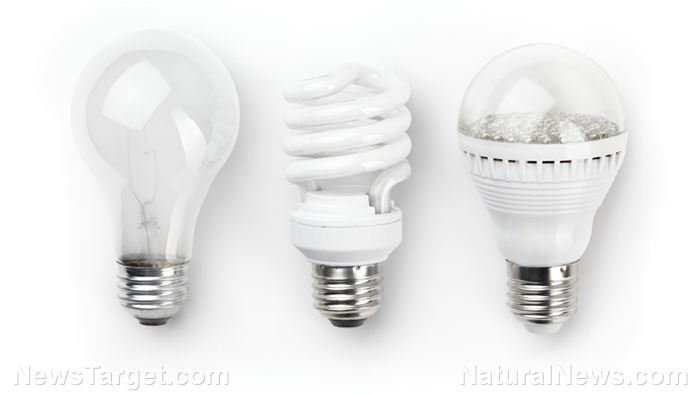The neuroscience of music: Why do we like the songs we do?
04/16/2019 / By Edsel Cook

Everyone has his or her personal list of greatest musical hits and misses. Some people like pop and hate rap, others like rap and hate pop, and still others have different tastes in music. An international group of researchers explained that dopamine levels in the brain affected people’s preferences in song and musical numbers.
Their recently published paper was not just limited to explaining the chemical reason as to why people felt pleasure whenever they listened to, sung, and played certain music – it also showed why other songs did not provoke powerful feelings in a listener or musician.
“The question addressed here is to what extent dopaminergic transmission plays a direct role in the reward experience (both motivational and hedonic) induced by music,” wrote Laura Ferreri. She served as the first author of the study back when she was still with the University of Barcelona.
Now an associate professor at Université Lumière in Lyon, France, she explained that dopamine levels in the brain caused both positive and negative responses to music. Ferreri reported that the neurotransmitter can affect the reward experienced by a person listening to music. (Related: Better than drugs: Integrative approaches to treating depression.)
The efficacy of dopamine in the brain affects how much we enjoy music
In their study, the research team adjusted the ability of dopamine to modulate people’s responses to music. They gave volunteers one of two different chemical influencers that affected the synapses triggered by dopamine.
The first influencer was levodopa, a precursor that got turned into dopamine itself. The other chemical was risperidone, an antagonist that blocked dopamine receptors in the brain, thereby disrupting the neural circuits associated with pleasure and reward. There was also a placebo in the form of lactose that was given during one of the sessions.
Every participant underwent a trio of separate sessions held on different days. Each 20-minute session involved the volunteer listening to a mixture of songs. Some of the music was selected by the participant, while others were selected at random by the researchers.
The pleasure-related responses of the participants were determined through several ways. They answered questionnaires and wore skin sensors that measured the electrical conductivity of their skin.
Finally, each participant was asked if he or she was willing to buy a song. They were also asked about the amount of money they were willing to pay for the song in a token economy.
Just how much are you willing to pay for the song you really like?
Ferreri and her colleagues reported that a participant who took risperidone was much less willing to shell out money for any of the music. The dopamine blocker reduced the sense of pleasure listeners got from the music.
Conversely, volunteers who took its opposite, levodopa, enjoyed the music all the more. The dopamine precursor increased the effectiveness of the neurotransmitter at triggering its associated synapses.
Taking levodopa also increased the willingness of a participant to pay for music. The volunteers were also more open to paying higher sums for a song that they really liked.
“We demonstrate that levodopa and risperidone led to opposite effects in measures of musical pleasure and motivation,” Ferreri said. “While the dopamine precursor levodopa, compared with placebo, increased the hedonic experience and music-related motivational responses, risperidone led to a reduction of both.”
Based on the results of their study, they concluded that dopamine played a causal role in pleasure derived from music. Adjusting the effectiveness of dopamine-related transmissions could influence affective processing – the ability of a person to make decisions based on what he or she felt was good or bad.
Sources include:
Tagged Under: affective processing, brain function, breakthrough, cool science, decision making, discoveries, dopamine, levodopa, mind body science, Motivation, music, musical pleasure, neurotransmitter, risperidone, songs



















